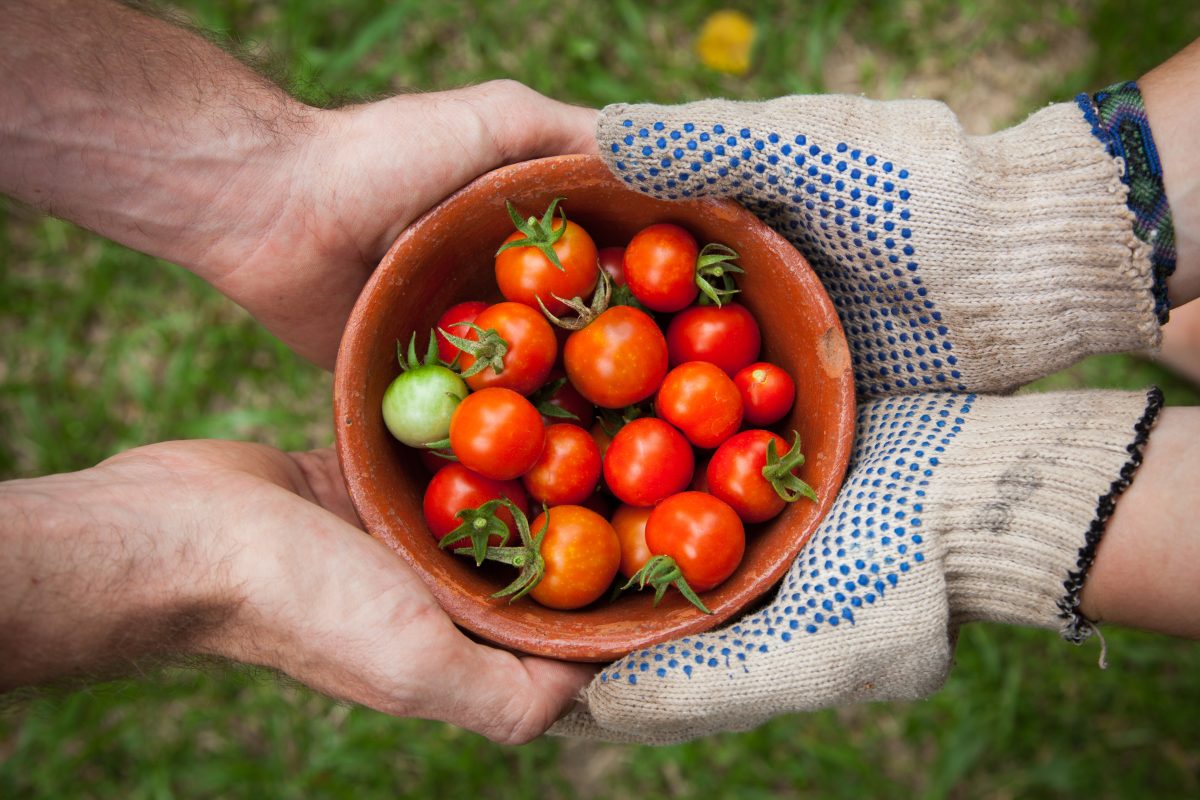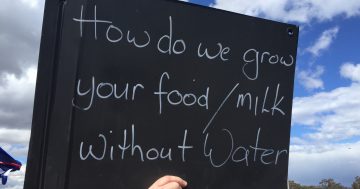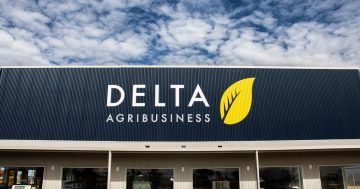
Rabobank expects producers to be forced to pass high input costs on to consumers, leading to a stabilisation and potential increase of already high prices – especially in the fresh produce sectors. Photo: Elaine Casap, Unsplash.
Rabobank’s latest monthly Australian Agribusiness report indicated record high inflation levels are set to continue, potentially long-term.
The decrease in consumer purchasing power for goods and services reported in April is expected to continue.
Rabobank senior analyst specialising in dairy and consumer foods Michael Harvey explained the key message behind the report.
“Essentially what we’re portraying is that there are local and global issues with no clear outcomes causing such high costs,” he said.
“We already knew there was more pressure coming down the pipeline because global events like the war in Ukraine and the lockdowns in China have been slowing down markets, especially grains, for a while.”
The global growth outlook is worsening due to high inflation worldwide, which is expected to continue to disrupt global supply chains. These factors will lead to weaker demand for Australian commodities.
In early May the Reserve Bank of Australia increased interest rates from the historically low 0.1 per cent to 0.35 per cent, and on Tuesday further raised the cash rate target to 0.85 per cent — well ahead of most economists’ expectations.
Rabobank predicts more rate hikes to come.
Mr Harvey also pointed out the recent floods in New South Wales and Queensland have disrupted the fresh fruit and vegetable markets locally.
He acknowledged Australian consumers have become more aware of the effects of these local events on the economy.
“These big global issues aren’t showing signs of ending any time soon, so they’re only going to exacerbate the pressure,” Mr Harvey said.
The report indicated Australian consumer confidence had fallen dramatically in recent weeks due to the fear of impending cost of living increases.
Lower economic growth in China and a wheat shortage due to the stall in the Ukrainian markets could harm Australian export markets, undermining the value of the Australian dollar.
Mr Harvey suggested consumers would need to brace for an extended period of high food and beverage price inflation.
“Hopefully it won’t have a material impact on the ability to purchase food but it will require some trade down.”
In terms of the report’s implications for rural communities, Mr Harvey said most primary producers in regional areas could expect good prices for their product, commodity or produce.
Grains, oilseeds and cotton sectors can expect stabilisation of already high prices and potential increases if the winter weather in the south-east of the nation remains favourable.
“Despite the wins for some farmers, this will come at a higher cost,” Mr Harvey said.
Mr Harvey said these wins for crop producers would come at “a higher cost”, with a risk to feedlots, beef, lamb and poultry producers who rely on outputs from these industries to feed their animals.
“A good chunk of that cost comes through in high cost of production on farms, and those input costs will be passed down the supply chain to the consumer in the form of price increases,” Mr Harvey explained.
Residents of the regions will have to keep their belts tightened for the foreseeable future.
“Unfortunately our predictions are that it will remain this way for some time,” Mr Harvey said.
Access Rabobank’s report here.















